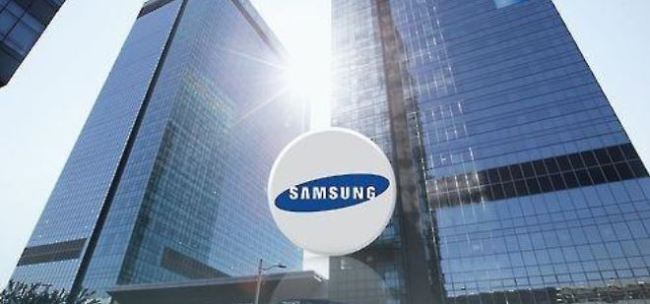Samsung, Hyundai confronted major challenges throughout 2017
By YonhapPublished : Dec. 18, 2017 - 11:47
South Korea's top two family-controlled conglomerates, Samsung and Hyundai, faced never-before-seen challenges throughout 2017, casting a cloud over the nation's long-term economic outlook.
On the surface, Samsung Group enjoyed one of its best years in 2017 due to the boom in the chip industry. Samsung Electronics Co.'s operating profit came to 14.53 trillion won ($13.3 billion) in the July-September period, rising sharply from 5.2 trillion won posted last year.
The Samsung companies, however, suffered a leadership crisis as its de facto head and the heir-apparent has been kept away from management.

Samsung Electronics Vice Chairman Lee Jae-yong has been imprisoned since February on alleged connection to a political scandal that led to the impeachment of former President Park Geun-hye.
It marked the first time that a member of Samsung's owner-family has actually been imprisoned. His father Lee Kun-hee, who has been hospitalized since 2014 after suffering a heart attack, received a probation of three years back in 1996 on embezzlement and tax evasions but was never actually put behind bars.
Shortly after Lee's arrest in February, Samsung dismantled the Future Strategy Office, which served as the control tower of Samsung companies amid the rising criticism over the alleged behind-the-scenes connection between the conglomerate and the government.
While the decision was seen by some as steps to improve transparency of the family-controlled group, others expressed concern over Samsung's long-term business strategies following in the wake of the decision-making vacuum.
Industry watchers said Samsung Electronics did not conduct a significant merger and acquisition project after announcing the takeover of Harman International Industries Inc. last year. The tech giant's sluggish steps in acquiring new growth engines was seen as a potential threat for its long-term businesses.
Hyundai Motor Group also faced a bumpy ride this year, as the conglomerate became a major target for the new government's drive to reform family-controlled groups.
Hyundai Motor Group holds one of the most complex cross-shareholding systems, which allows Chairman Chung Mong-koo and his son Chung Eui-sun to control the entire group with only 5.17 percent and 2.28 percent stakes in Hyundai Motor Co., respectively.
Fair Trade Commission Chairman Kim Sang-jo directly urged Hyundai Motor Group to reform its ownership structure.
The diplomatic row between Seoul and Beijing over the deployment of an advanced US missile defense system in South Korea further weighed down on Hyundai as the tension led to China's economic retaliations against local firms.
Accordingly, Hyundai's shipment of automobiles to China sharply lost ground throughout this year.
The court's ruling on "ordinary wages" at Kia Motors Corp. -- one of the group's flagship companies -- dealt a harsh blow. In August, the Seoul Central District Court ruled that fixed bonuses and meal allowances are part of ordinary salaries in a lawsuit filed by Kia's labor union. Accordingly, Kia reflected approximately 1 trillion won in one-off expenses in the quarterly earnings for the third quarter. (Yonhap)





![[Herald Interview] 'Amid aging population, Korea to invite more young professionals from overseas'](http://res.heraldm.com/phpwas/restmb_idxmake.php?idx=644&simg=/content/image/2024/04/24/20240424050844_0.jpg&u=20240424200058)












![[KH Explains] Korean shipbuilding stocks rally: Real growth or bubble?](http://res.heraldm.com/phpwas/restmb_idxmake.php?idx=652&simg=/content/image/2024/04/25/20240425050656_0.jpg&u=)

